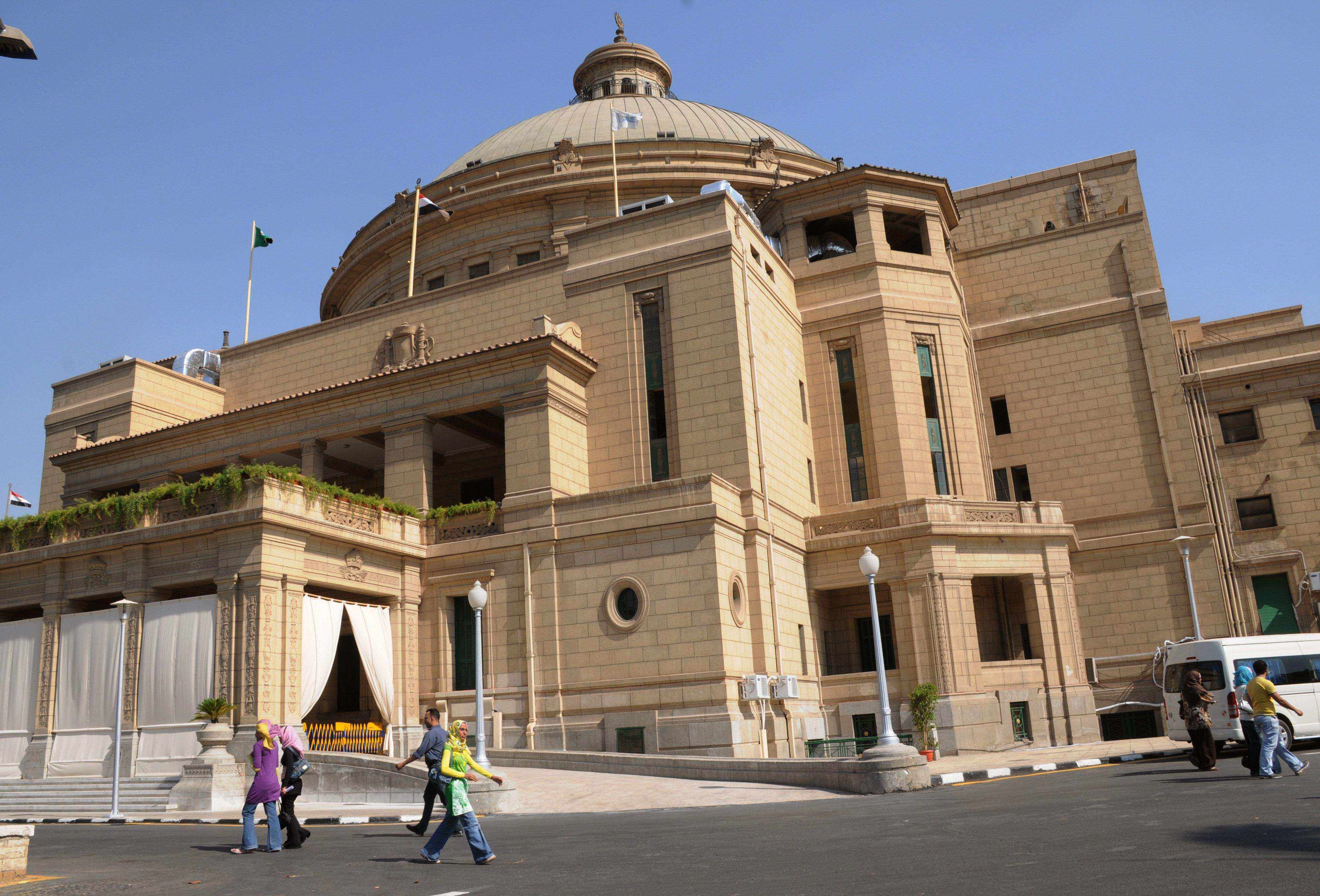Egypt’s Ministry of Health and Population has formalized three significant partnerships with leading global pharmaceutical companies to advance healthcare services in critical areas, including safe childbirth, multiple sclerosis (MS), and stroke care. These collaborations are part of the government’s broader initiative to improve patient outcomes and strengthen healthcare systems across the nation.
In a key move, Deputy Prime Minister and Minister of Health and Population, Khaled Abdel Ghaffar, oversaw the signing of a cooperation protocol with Sanofi Egypt under the “Safe Start” initiative. This program seeks to reduce unnecessary cesarean deliveries and promote natural childbirth, aligning with the second phase of the presidential initiative “The Golden 1,000 Days”. This initiative focuses on maternal and child health nationwide.
During the signing ceremony, Minister Abdel Ghaffar commended the success of the initiative and the ongoing partnership with Sanofi, reaffirming the Ministry’s commitment to expanding healthcare and raising awareness across Egypt. The protocol was signed by Abla El-Alfi, Deputy Minister for Population and Family Development, and Sherif Roshdy, Head of Medical Affairs at Sanofi Egypt and Africa.
The agreement outlines several key components: awareness campaigns targeting the risks of unnecessary C-sections, including postpartum venous thromboembolism (VTE); training for 1,000 healthcare professionals; the development of risk assessment tools; and the implementation of care protocols to ensure optimal maternal and child health.
In a separate meeting, Minister Abdel Ghaffar and Roche Egypt officials discussed a strategic partnership aimed at improving the early diagnosis and treatment of multiple sclerosis (MS). The partnership focuses on integrating artificial intelligence (AI) into diagnostic tools, enhancing monitoring systems, and advancing treatment protocols. Abdel Ghaffar emphasized that the government provides 28,000 MS treatment approvals annually at no cost to patients, demonstrating Egypt’s commitment to easing the financial burden on those affected by the disease.
Following their discussions, the Ministry and Roche Egypt signed a memorandum of understanding (MoU), led by Mohamed Hassani, Assistant Minister for Public Health Initiatives, and Ziad El-Ahwal, Head of Government Affairs and Health Policy at Roche Egypt. This partnership aims to upgrade diagnostic tools, introduce new treatment options, implement internationally recognized protocols, and train medical staff. Additionally, the MoU includes the creation of a national MS patient registry, supporting data-driven decision-making in compliance with the Egyptian Health Council’s framework.
The third partnership involves Boehringer Ingelheim, focusing on advancing stroke care in Egypt. Minister Abdel Ghaffar witnessed the signing of an MoU aimed at reducing stroke-related mortality and disability. The agreement, signed by Mohamed Hassani and Ahmed Mohamed Abu El-Farag Suleiman, Medical Director for Boehringer Ingelheim North, East, and West Africa, targets improvements in stroke care infrastructure, healthcare worker training, and the standardization of rapid intervention protocols.
The first phase of the partnership will implement the “Angels” initiative in 20 public hospitals, in collaboration with the Egyptian Health Council. The agreement also includes public awareness campaigns on stroke symptoms, the importance of early intervention, and the use of the resq.org platform for patient data management. Crucially, the partnership will provide technical and logistical support without placing financial burdens on the government.
Officials from all three companies expressed their strong commitment to supporting Egypt’s healthcare development by transferring international expertise, offering training, and providing technical assistance. They underscored the vital role of investing in healthcare to improve the quality of life and ensure access to safe, advanced medical services across Egypt.
These agreements are part of the Ministry of Health’s broader strategy to foster public-private partnerships, enhance healthcare system efficiency, and address underserved populations and high-burden diseases through technology, infrastructure development, and capacity building.



